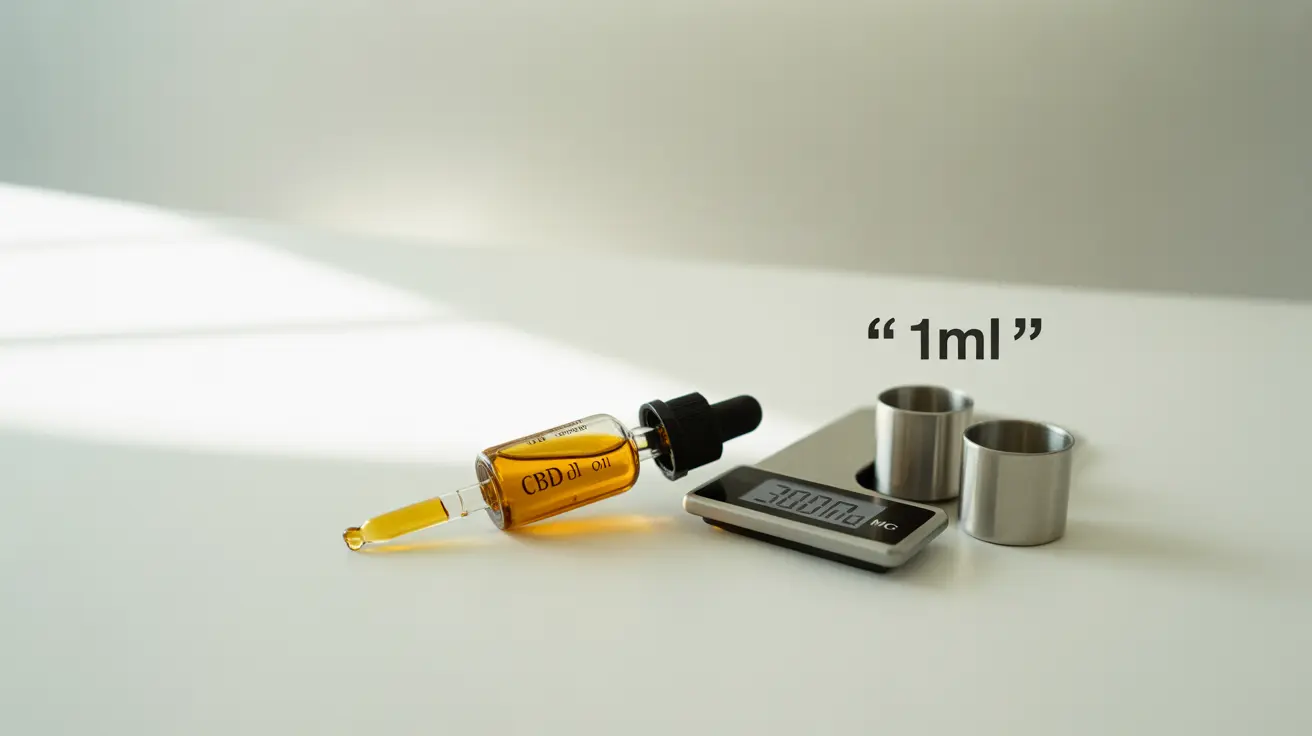Finding the right CBD dosage can feel overwhelming, especially with the wide variety of products available today. Whether you're new to CBD or looking to optimize your current routine, understanding how to properly dose CBD is crucial for achieving the best results while maintaining safety.
This comprehensive guide will walk you through everything you need to know about CBD dosage, from calculating the right amount for your needs to understanding different product types and their impact on dosing.
Factors That Influence CBD Dosing
Several key factors determine the appropriate CBD dosage for each individual:
- Body weight
- Individual body chemistry
- Severity of condition
- CBD concentration in the product
- Type of CBD product
- Tolerance level
- Desired effects
Understanding these variables helps create a more personalized and effective dosing strategy that aligns with your specific needs.
Starting with CBD: The Smart Approach
When beginning your CBD journey, following the "start low and go slow" principle is essential. This method helps minimize potential side effects while allowing you to find your optimal dose:
- Start with 5-10mg of CBD per day
- Maintain this dose for one week
- Monitor effects and any changes in symptoms
- Gradually increase by 5mg per week if needed
- Document your experience in a journal
This careful approach helps you identify your minimum effective dose while avoiding unnecessary consumption.
Understanding CBD Product Types and Dosing
CBD Oils and Tinctures
CBD oils typically come with a dropper for precise dosing. To calculate your dose:
- Check the total CBD content in milligrams
- Note the bottle size in milliliters
- Determine CBD per milliliter
- Count drops needed to achieve desired dose
CBD Capsules and Gummies
Pre-measured products offer convenient, consistent dosing. Each piece contains a specific amount of CBD, making it easier to track your daily intake and adjust as needed.
Safety Considerations and Medical Guidance
Before starting CBD, consider these important safety factors:
- Consult healthcare providers about potential drug interactions
- Review current medications and supplements
- Discuss any underlying health conditions
- Consider timing of doses
- Monitor for side effects
CBD Dosage by Weight Guidelines
While individual needs vary, these general guidelines can help determine a starting point:
- Light (under 130 lbs): 11-15mg
- Medium (130-230 lbs): 15-20mg
- Heavy (over 230 lbs): 20-25mg
Frequently Asked Questions
How do I determine the right CBD dosage based on my body weight and health condition?
Calculate your starting dose using the weight-based guidelines above, then adjust based on your specific health condition. Severe conditions may require higher doses, while mild concerns might need less. Always start with the lower end of the range and adjust gradually.
What is the best way to start and adjust my CBD dose safely over time?
Begin with a low dose (5-10mg) once daily for a week. Monitor effects carefully and increase by 5mg weekly if needed. Keep a journal to track effectiveness and any side effects. Stop increasing when you achieve desired results.
How much CBD is typically in one drop of oil, and how do I calculate my daily dose from it?
A typical CBD oil dropper holds 1ml when full. Divide the total CBD content by the bottle volume to find CBD per milliliter. Then divide by the number of drops per milliliter (usually 20-30) to determine CBD per drop.
Can CBD interact with prescription medications, and should I consult a doctor before using it?
Yes, CBD can interact with certain medications, particularly those metabolized by the liver. Always consult your healthcare provider before starting CBD, especially if you take prescription medications or have underlying health conditions.
How do different CBD product types (oil, capsules, gummies) affect how I measure and take my dose?
Oils offer the most precise dosing control but require manual measurement. Capsules and gummies provide pre-measured doses for convenience but less flexibility in adjustment. Consider your preference for accuracy versus convenience when choosing a product type.




